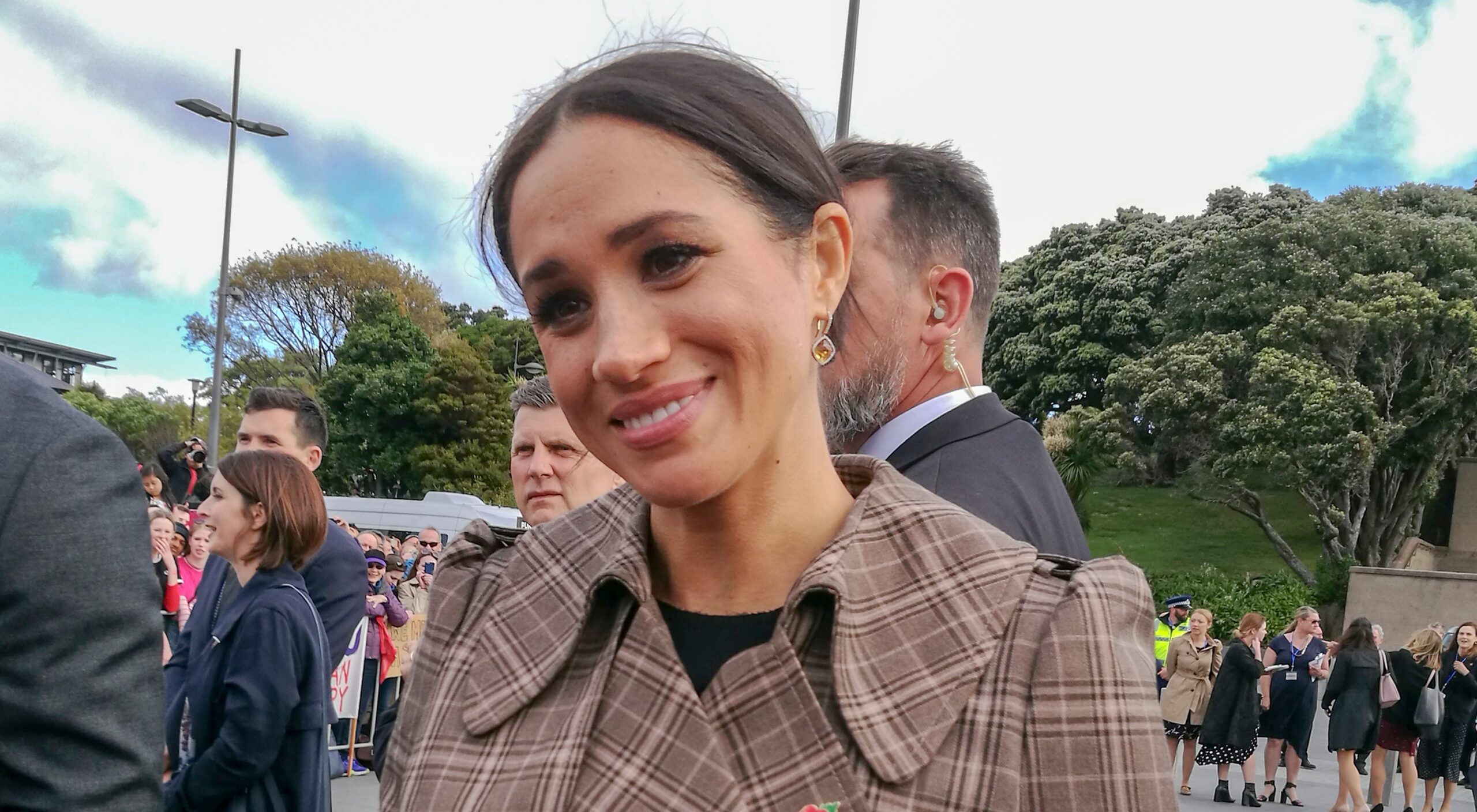
Hearing Meghan Markle talk about the way her son’s skin color was an issue and that she was offered no support when her mental health was in critical condition came as a shock to many. I didn’t bat an eyelash. In fact, if you scroll through social media, you will find echoes of Black women and women-aligning people everywhere who weren’t shocked at all. The lack of surprise lies not only in that we believe Black women without needing to validate their stories as a prerequisite for support, but because what happened to Megan Markle is part of the collective Black experience.
In my own family, there has always been and still is so much conversation around Blackness for our biracial members.
There is always a comment on whose skin is lighter, who has “good hair,” and who could be mistaken for white. While I was pregnant, there were never any concerns about the color of my future children’s skin color. The assumption was that my children would be darker because I am.
The looks of favor and relief when my children came out very light-complected made me resentful.
I was instantly reminded that my value in society was so deeply tied to the depth of my Blackness, something I hoped my children would never experience. It started before they made it earth-side, and the conversations, remarks, and anti-Black sentiments that value European features over Afro-centric ones continue today.
Raising Black children who are half white has always been tricky because the same people who refuse them access to white spaces are the ones who tell my children they have to prioritize their whiteness.
My children and I are constantly told we have to respect their white side and that they can’t be proud of their Blackness without first acknowledging that they are half white. Their Blackness, in the eyes of white people, is always something that is negotiable depending how my children can somehow be of service.
For example, my children are never to be accepted as white by other white children or when they enter white spaces, but when they try to take pride in their Blackness, they are almost always reminded by white people that they aren’t 100% Black. And therefore, their pride is somehow disingenuous and not allowed.
I have to teach my kids resilience and how to love themselves in a world that will always challenge them, disregard them, and then blame them for the oppression they suffer.
For our family, it has always been about “raising full Black children who happen to be half Black.” I have been fortunate in having a white partner who entrusts me with instilling confidence and pride in Black skin, Black culture, and Black history. I have always made it a priority for me to find the representation that is lacking for my children. And when it couldn’t be found within traditional mass media, we watch TV shows and historical documentaries and dissect how Black stories and representation are missing.
We discuss the nuances of what it means to navigate the same storylines and fantasies as Black women instead of just accepting that womanhood is a universal experience rooted in white privilege and Euro-centric beauty standards.
I have to teach my children that when they have children, no matter the race of the other parent, they will have to expect the scrutiny and conversations Megan Markle experienced.
Their children will experience the same colorism and anti-Blackness she experienced, just like I did and those who came before me. The ways in which white mothers pass down to their children their sacred family heirlooms and recipes, Black mothers pass down tales of caution and moments of “real talk” about how to navigate the world as a person whose skin color will always be simultaneously the most beautiful thing about them and the thing people fear and hate the most about them.
For white parents raising white children, girls, and women-aligning people especially, Meghan Markle has presented an important opening to show up and demonstrate how to believe victims without centering yourselves in their grief and pain.
It is a time to have hard conversations with your children about the ways in which their skin color protects them from having the experiences that Meghan Markle and countless other Black women and women-aligning people have had.
It is also a wonderful time to teach your children that the real value that lies in people is their capacity to work toward goodness and creating change in the world rather than placing value in their skin color.




